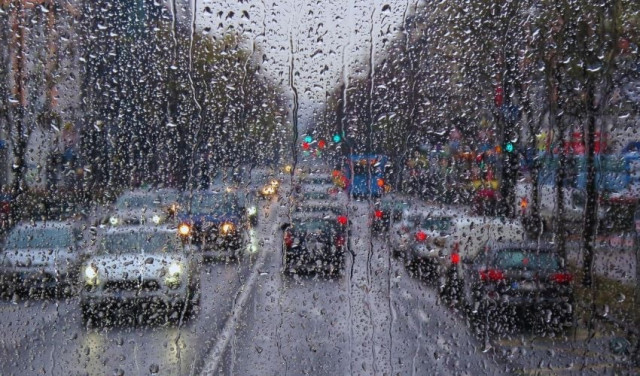Islamabad:
In the midst of a disturbing increase in eye infections, malaria, dengue and snake bites caused by incessant monsoon rains, health professionals have warned of an imminent public health crisis and strongly urged citizens to adopt strict security measures without delay.
According to doctors and recent local reports, the current monsoon season has sparked a sharp increase in a range of health problems nationwide. The general doctors of Chakwal, Biner and other regions report increased cases of eye infections, dengue, malaria and snake bites – conditions commonly linked to stagnant water, poor sanitation and greater human exposure to flooded or invaded areas.
The doctor of Dr. Imran Jadoon urged the public to take immediate precautionary measures, in particular by using a repulsive of mosquitoes, by carrying protective clothes, avoiding contact with contaminated water and looking for quick medical care if the symptoms appear or in the event of a snake bite.
Dr. Jadoon noted that conjunctivitis, or “pink eye”, becomes more widespread during monsoon due to high humidity and humidity levels, which provide ideal conditions for viruses and bacteria to prosper and spread.
He added that areas such as Buner, currently experiencing heavy rain, would probably see a significant increase in cases.
Current symptoms include redness, itching, aqueous eyes, a serious sensation and flow rates that can make the eyelids stick together, especially after sleep. He advised to maintain good hygiene, to avoid visual contact with contaminated hands, using clean towels and personal objects and to limit close contact with infected individuals to avoid transmission.
Adding to that, Dr. Qadeer observed that eye infections are particularly common in students and children during the monsoon, calling on schools and parents to remain alert and ensure appropriate insurance and conscience to minimize epidemics.
Meanwhile, Dr. Javed reported an increase in snakes of snakes and malaria during the season, attributing this to stagnant rainwater which serves as a reproductive ground for mosquitoes and increases the probability of human encounters with snakes. He highlighted the importance of wear protective clothing, eliminate stagnant waters and search for urgent medical care in the event of snake bites or malaria symptoms.
Overall, health experts highlight the vital importance of public awareness, good hygiene and preventive action during the monsoon season. They urge communities to remain vigilant, adopt protective measures and seek a timely treatment to reduce the risk of infections, diseases transmitted by mosquitoes and snake bites.




